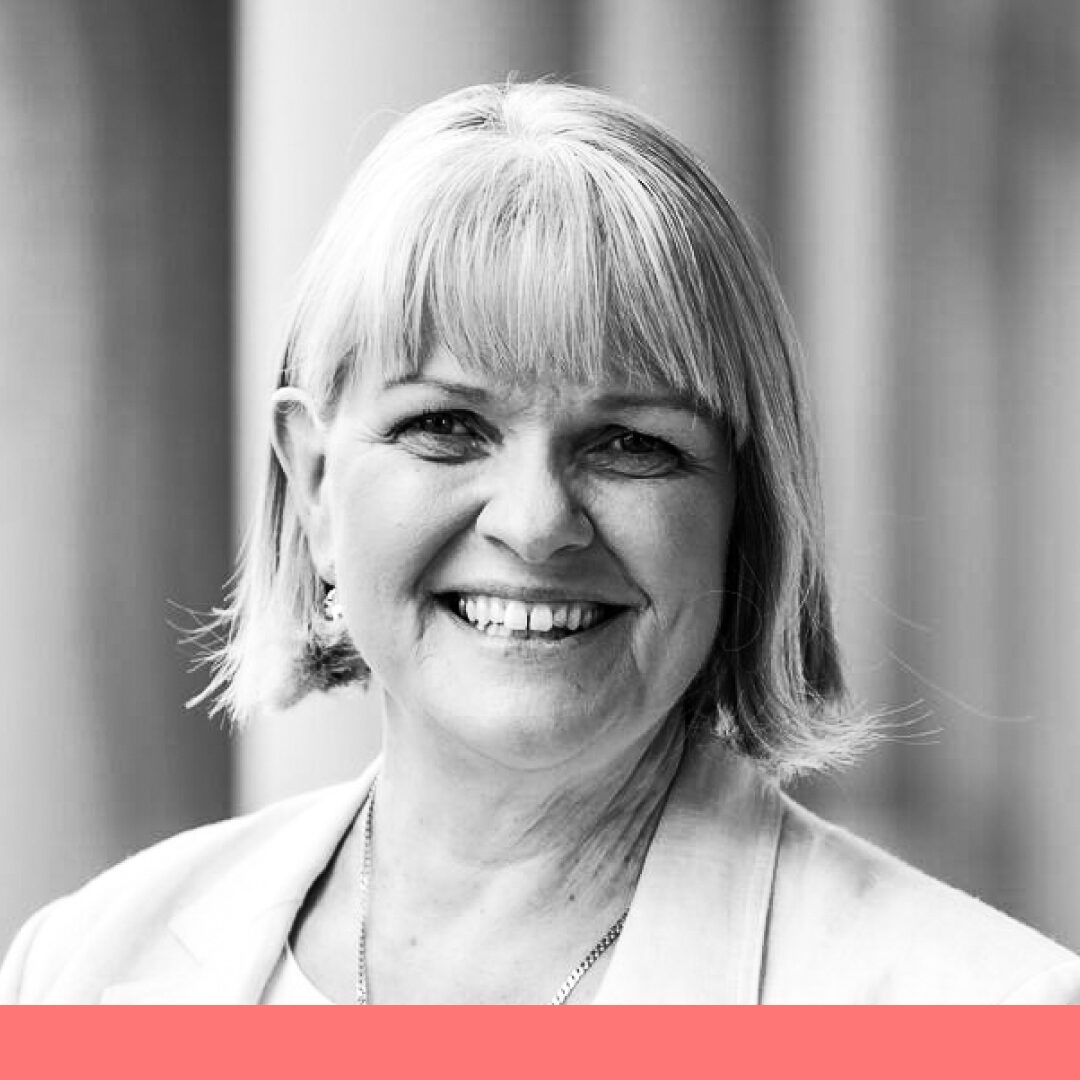Pranešimo tema: Naujus horizontus kalbų mokymo(si) evoliucijai atveriantis dirbtinis intelektas
Keynote:
The intention of this plenary speech is to shift focus to the collaborative synergy between humans and machines in transforming language learning landscapes. LLMs are now used in many apps aimed at teachers, including language teachers. The presentation will present some of these, from the perspective of traditional second language learning pedagogies, illustrating a future where technology and human expertise converge to enrich educational experiences. It emphasises how AI, particularly through tools like Generative AI and Machine Translation, can amplify the depth and breadth of language acquisition, fostering a learning environment where students gain profound insights into linguistic structures, cultural nuances, and global connectivity. The presentation will focus on the transformative power of language learning, highlighting its capacity to reshape our cognitive frameworks, broaden our cultural horizons, and fundamentally alter our engagement with the world, fostering a deeper, more empathetic connection to the diverse tapestry of human experience. In this new paradigm, AI acts not as a replacement but as a dynamic ally, propelling learners towards more innovative, reflective, and comprehensive language education.
About the author:
Dr. Simone Smala is the co-author of Languages and Social Cohesion (Meier & Smala, 2021), the first comprehensive transdisciplinary review of research into social contexts in which decision makers and researchers consider social cohesion in the presence of linguistic diversity. Her background in Content and Language Integrated Learning (CLIL) in bilingual immersion education settings led her to ask questions about natural language processing, machine translation and more broadly, AI in Education, and what this means for the role of learning modern languages in young people’s formation of identity. She argues that learning a second (or third etc) language is a human right and contributes significantly to our enchantment with the world.
